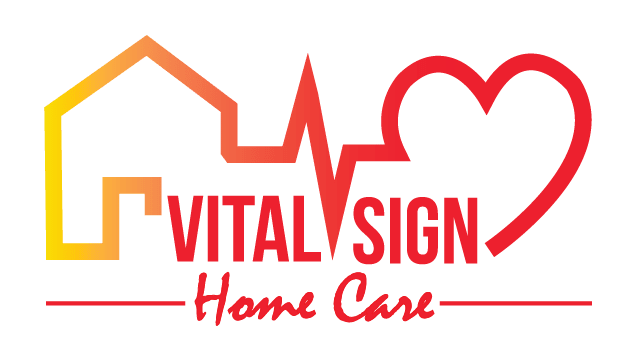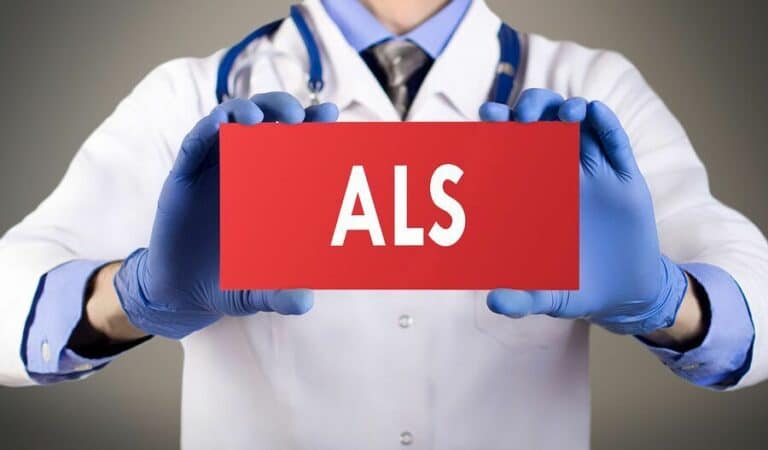May is ALS Awareness Month and it’s the best time of the year for seniors and their families to learn more about ALS and what the early symptoms of ALS are. For most seniors that develop ALS the first symptom they experience is weakness or numbness in their arms and hands, but that’s not the only symptom that occurs early on. Most seniors are diagnosed with ALS between the ages of 55 and 70, although seniors over 70 sometimes do develop ALS. Seniors that have ALS can benefit from home care services. With home care, many seniors can remain in their homes as they get older.
The most common early symptoms of ALS that occur in seniors are:
Muscle Cramps or Spasms
Muscle cramps or spasms can occur for other reasons besides ALS, like intense exercise. But if your senior parent is experiencing muscle cramps or spasms at random times with no pattern in the timing of the cramps and they’re not occurring during or after exercising they may be a cause for concern. If you or your senior parent are concerned about the possibility of ALS get a medical screening. Muscle cramps can be very painful, but talk to your senior parent about over-the-counter remedies for muscle cramps that may offer some relief.
Tightness In Limbs
Spasticity in limbs, like a sudden tightening of a hand or a leg that results in rigid muscles that can’t be easily relaxed, is one of the symptoms of ALS. It can be alarming for seniors that experience it, and the spasticity could get worse if it’s not managed. Seniors can have spasticity as a symptom of other conditions like MS, but anytime your senior parent is experiencing spasticity it should get checked out.
Slurred Speech
Seniors can develop slurred speech as a result of medication side effects or other medical conditions so slurred speech by itself doesn’t necessarily indicate that your senior parent may have ALS. However, if your senior parent is having trouble speaking or has slurred speech and they are also having muscle weakness, tight limbs, or any of the other symptoms of ALS then they should get a screening by a doctor to rule out ALS.
Difficulty Speaking Or Swallowing

Seniors can have difficulty speaking or swallowing and slurred speech or they may have one or the other. But either symptom should be considered serious and should be checked out by a doctor. Difficulty speaking or swallowing can also be caused by a stroke or a TIA, both of which are common in seniors. Your senior parent’s doctor may prescribe speech therapy or other therapies to help them strengthen their muscles and improve their ability to speak clearly and swallow.
ALS is not hereditary, but some studies have found that military veterans have a higher propensity to develop ALS. If your senior loved one is a veteran it’s a good idea for them to have a regular screening for ALS each year.
Sources: https://www.targetals.org/2022/04/28/als-in-the-elderly-recognizing-als-in-seniors/
https://www.ninds.nih.gov/health-information/disorders/amyotrophic-lateral-sclerosis-als
If you or an aging loved one is considering Home Care Services in Cockeysville MD please contact the caring staff at Vital Sign Home Care today. (410) 814-0258
A Trusted Skilled Medical and Non-Medical senior home care provider in Annapolis, Arnold, Severn, Guilford, Towson, Brooklandville, Catonsville, Cockeysville, Bel Air, Ellicott City, Columbia MD, and surrounding areas.
Venus had a stroke in 2018, she had no movement on the right side of her body and was unable to speak. Venus has made great progress since then and shows up everyday doing her best. She takes pride in overcoming obstacles and never giving up, which has allowed her to obtain a level of success in healthcare.
- Tips for Exercising with Parkinson’s Disease - November 5, 2024
- What to Know About Senior Self-Care Products - October 17, 2024
- Supporting Seniors as They Navigate Daily Changes - October 3, 2024

